Online Casino Security Was One of My Major Concerns
One of the biggest hesitations I first encountered when I was debating to play at an online casino had to do with deciding on whether I thought it was safe enough to do so.🤔
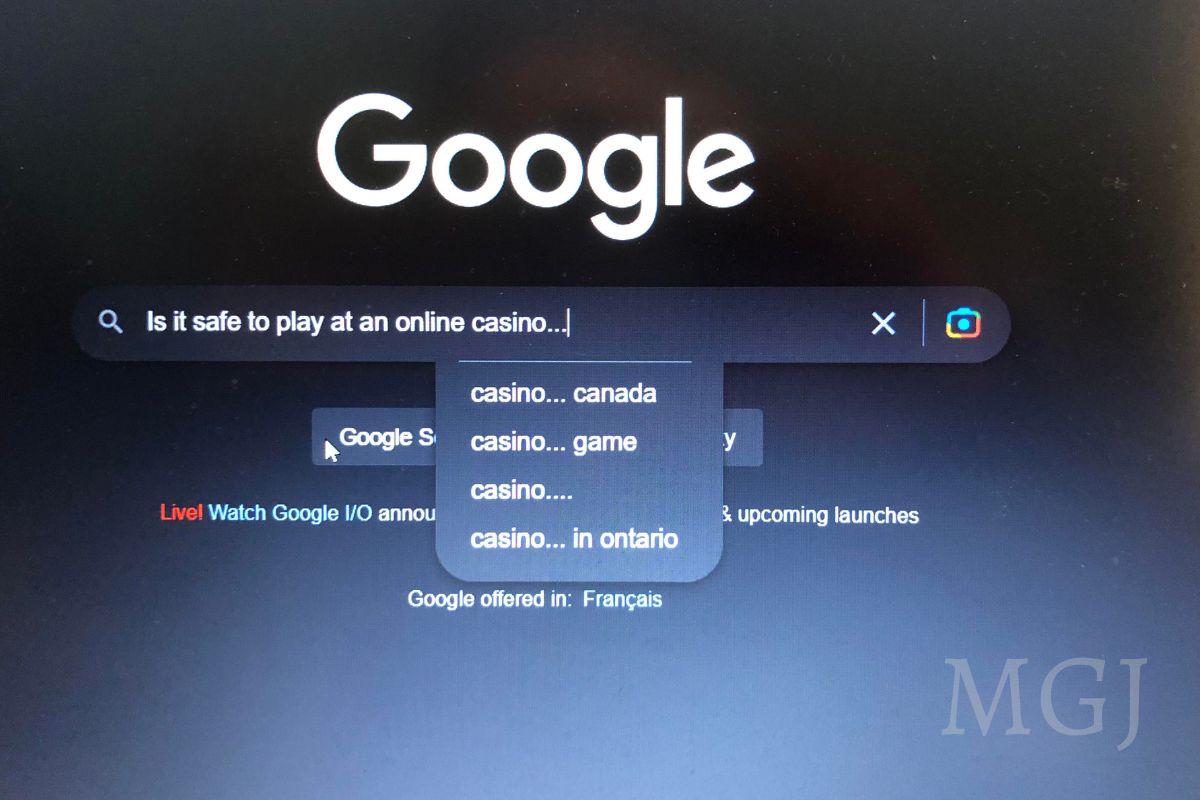
For the purpose of this blog, by safety and security I’m referring to the tools, services, and protocols an online casino operator has in place to ensure:
1 – My funds and personal data don’t wind up in the wrong hands
2 – The casino doesn’t steal money from me
3 – The casino pays out at a reasonable pace
I’m not going to talk much here about my experience of how safe it is to play online in terms of a casino’s responsible gaming measures and personal gambling control. I’ll touch on that in another blog I intend to write.
In case you’re wondering, the reason why I’m inspired to write this particular “security” casino blog is I recently ran into a question on Quora that asked:
“Are there any specific security features or protocols that legit online casinos should have in place?”
I did provide an answer to this question on Quora here if you’d like to see it. That said, if you keep on reading, I’m going to expand on that response I gave, below.
Here’s How I Put My Online Casino Safety Concerns at Ease
Though my online casino experiences are limited – and I am in no way claiming I’m some sort of expert or the best person to provide advice – I can tell you what I personally did to help me to decide to take the ultimate step of signing up and playing at a real money online casino in Ontario.
Prior to singing up, I did my homework. 💻I read a lot of stuff online that other players suggested and then I proceeded to do the following:
I investigated my local regulator
I live in Ontario, so my local online casino regulator is iGaming Ontario. I went to the website to learn about the regulator, including its mission and what it does for players, and then proceeded to check out the lists of casino sites that are regulated by and that hold a valid license with iGaming Ontario.
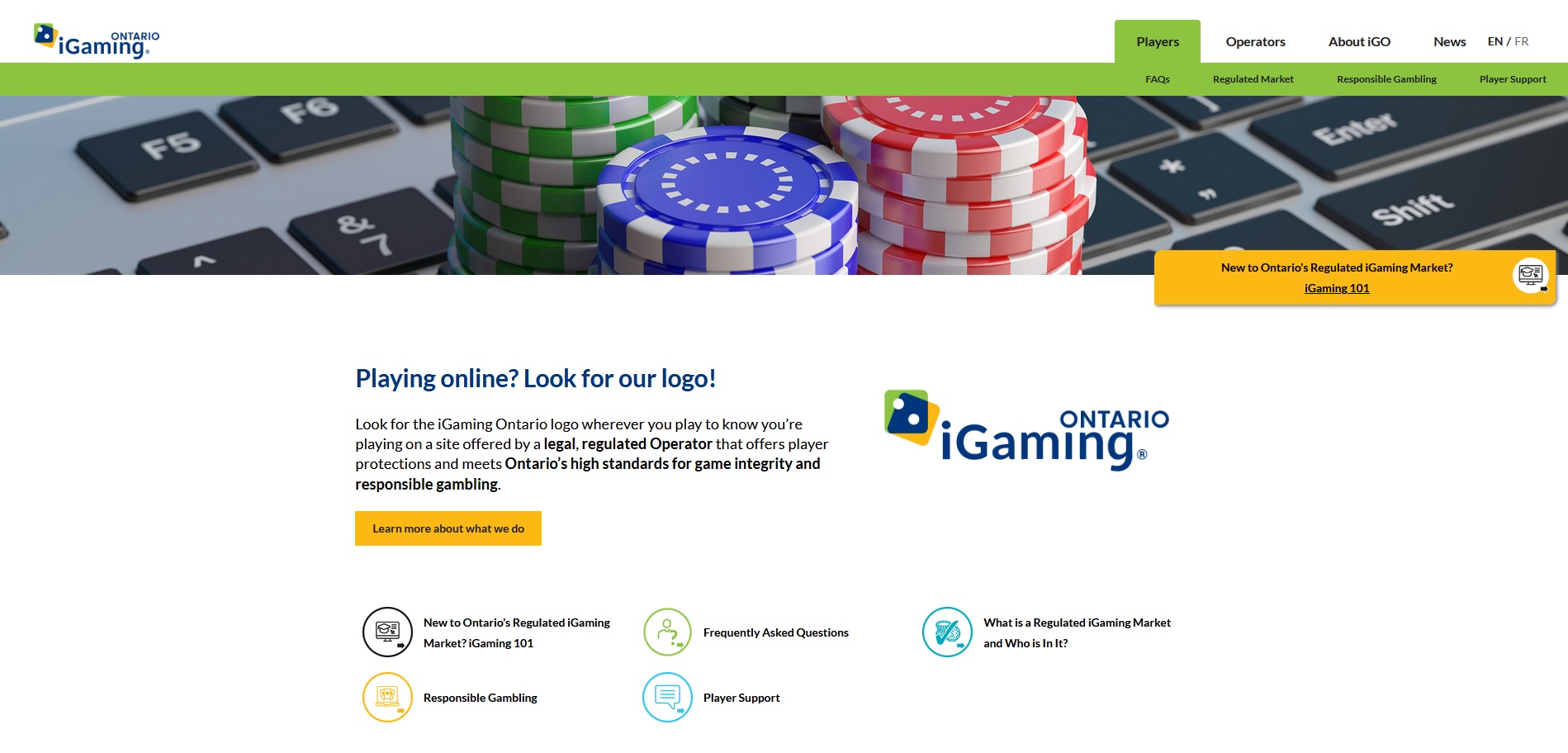
Online casinos that have this license must abide by the laws of this regulator, which offers me greater protection as an Ontario resident. I know that if I run into issues with a casino, I can get in touch with the regulator if I need to escalate a complaint.
I picked an online casino based on the operator’s reputation
After checking out the list of regulated casinos, I then proceeded to investigate a few of them that stood out to me. I went to their site to learn about who they were, and what type of gambling experience they offered, including:
- If it had the types of games I like to play🎰
- What the promotions were like 💰(including their T&Cs related to wagering requirements)
- The payment type I prefer💵
I also looked into the company’s business reputation (who owns and operates the casino, where it is headquartered, how long they’ve been in business, etc.). Additionally, I checked to see what other players had to say about their experiences playing there from well-known and trusted review sites that have a good reputation for honesty in the industry, such as AskGamblers, TrustPilot, and Casinomeister.
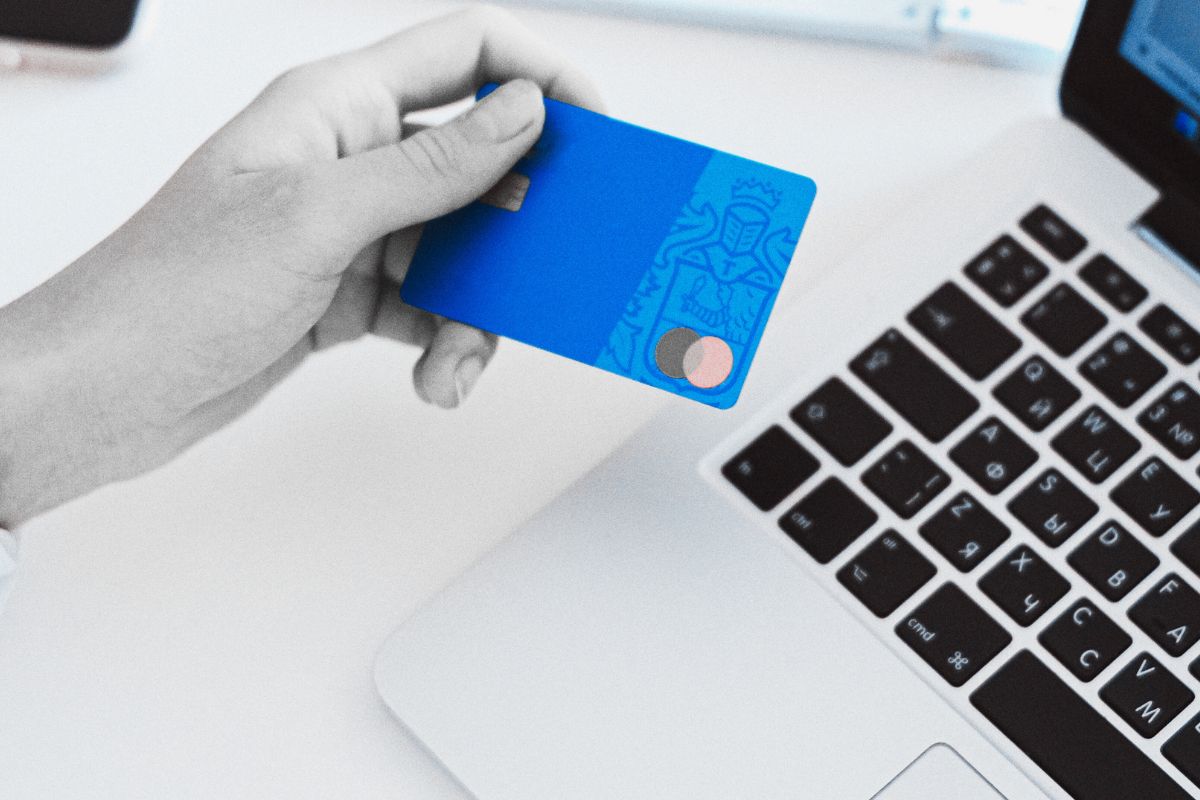
Ultimately, I wanted to know that the operator is in good business standing and is known for fair payout practices.💸
Side note: In case you’ve been wondering, the online casino I decided to try first – and that continues to be the only one I play at for now – is PlayOJO*
I looked into the online casino’s security and KYC protocols
I can admit that another reason I hesitated to play at an online casino at first was that I knew I’d have to provide personal documents to prove my identity, age, current address, and payment information. Don’t get me wrong, I get why this is needed. It’s necessary to prevent underage gambling, fraud, and criminal activity. It’s also a requirement by reputable regulators (as it should be), which is another important reason to play only at an online casino licensed by a reputable regulator (and one as local to you as possible – when possible), IMO.
So, before I settled on a casino, I wanted to doubly make sure that if I was providing this info to a reputable site, they had the best security in place and I would know exactly what type of payment and ID information I would need to provide (this info can usually be found in the casinos FAQ section).
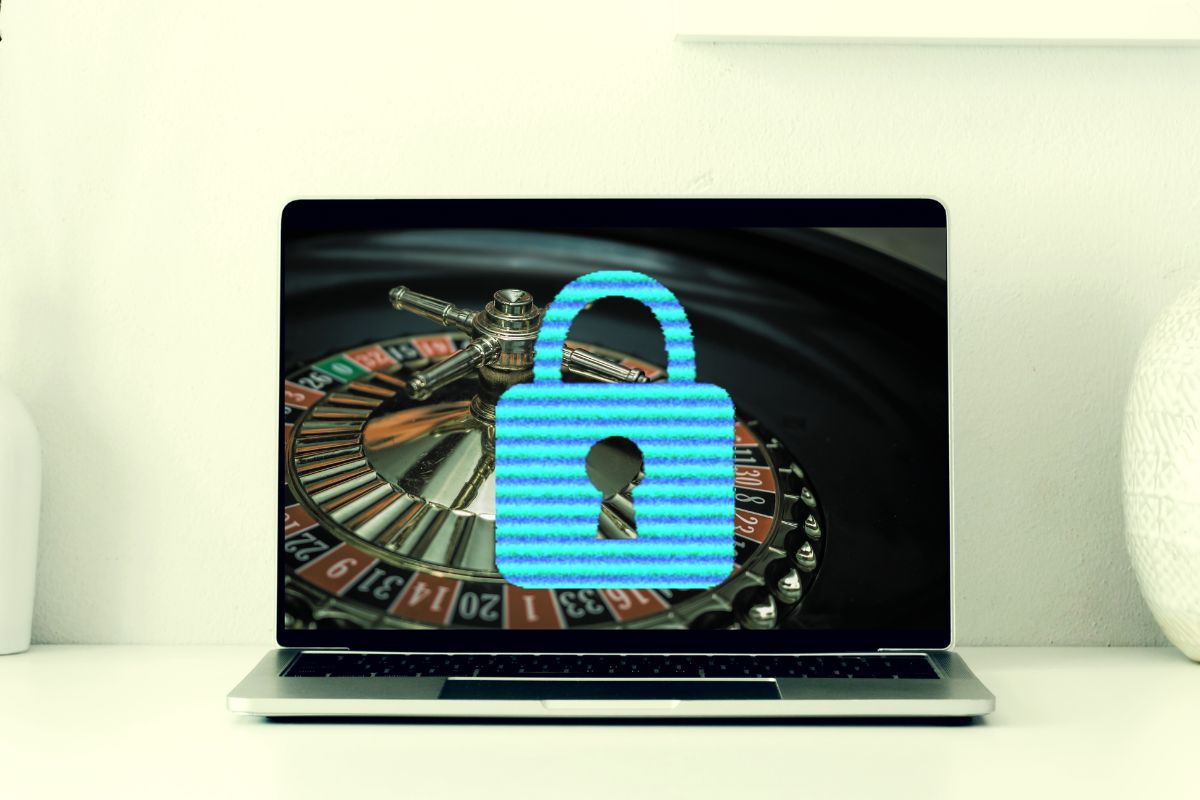
To start, I checked to see what sort of security protocols the online casino had in place. A minimum of bank level 128-bit SSL (Secure Sockets Layer) encryption protocols is a must for me. Beyond actually looking for this information on the site, I found one of the easiest ways to check if there is SSL is to look for the little padlock icon🔒, which should precede the site’s address in the web address bar, like so: 👇

I also checked out the Privacy Policy to find out how my data and funds are stored and protected. For instance, if the operator suddenly goes bankrupt, I want to make sure that my funds are stored separately from their operation funds, so I know I’ll be able to withdraw my funds if they company goes belly up.
I checked for a certificate of fairness
I learned that the software/games a casino uses should be independently tested by an industry/regulator-recognized third-party testing agency. Examples of these are companies like iTech Labs and eCOGRA.
It’s my understanding that these companies do random checks on the software to ensure the games are functioning as they should with 100% random outcomes and that each games posted RTP is accurate.
Side Note: For Ontario online casinos, iTech Labs is the one I’ve seen most.
I checked what responsible gaming protocols were in place
Staying in control of my real money play is important to me, so I wanted to make sure that there were certain responsible gaming tools available (with no catch and at no cost) available to me. These included:
- Ability to set limits on deposit amount, playing time limits, and bet amount
- A cooling off period
- Self-exclusion
- Self-assessment test
- Access to local support resources
I found most of the stuff I mentioned above in the casino’s “About Us,”, “Privacy Policy”, “Terms & Conditions”, and “Responsible Gaming” sections. Also, licensing, operator information, third-party software testing, and security information is often located at the bottom of a casino’s homepage where you might also find payment methods and a list of software providers listed.
Your Personal Feelings Toward Online Casino Security Is All that Matters
From one player to another – in case you’ve been on the fence about online casino security – I do hope that me sharing my experience about how I investigated my options before playing – helps you to consider your own.
Still, whatever you do decide, I think choosing to play at any online casino should always be your own personal choice. To me, the point is to have fun. I don’t ever want to feel pressured into doing something I don’t want to do…particularly when it comes to spending money on entertainment.
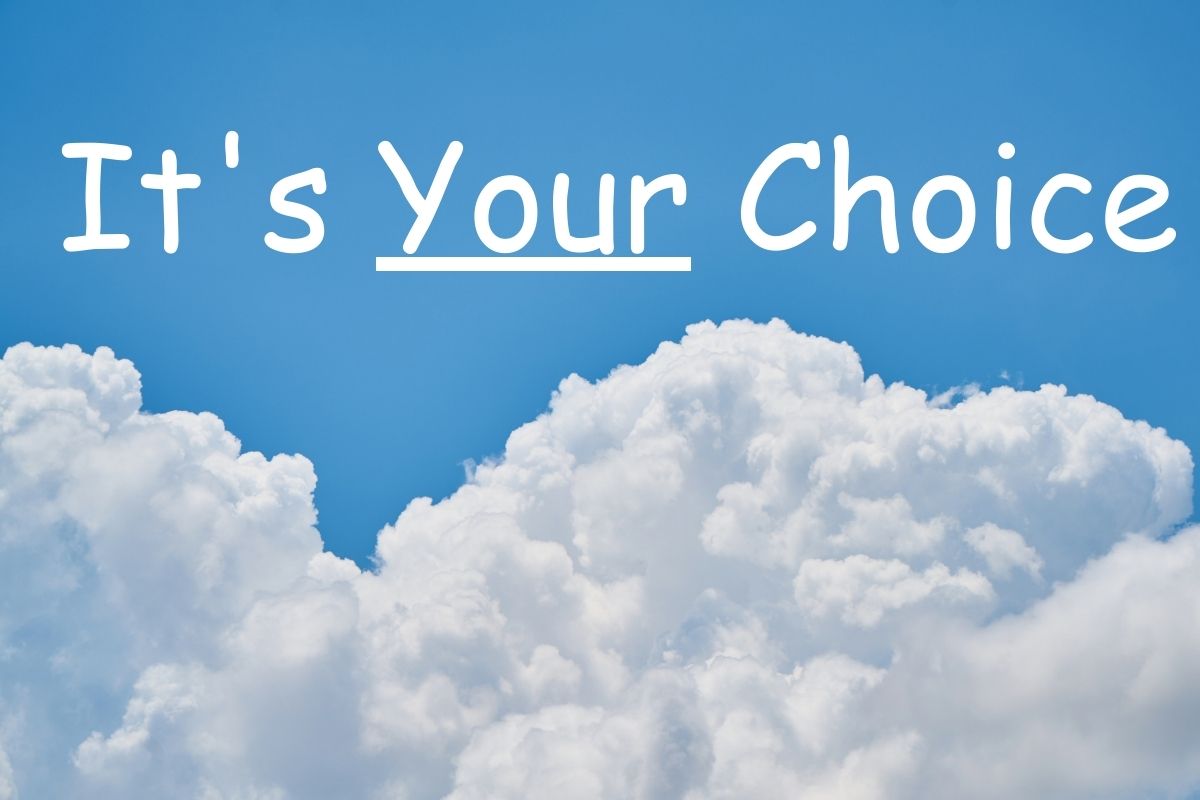
My final thought about all this is that I do think it is super important to make sure that if you choose to play at an online casino that you make sure where you play is safe and offers you the best player experience and protection. However, ultimately, only you can know for yourself if gambling real money online is something you feel comfortable doing.
Until next time, good luck and have fun!
Mia👩💻
*Note: I only mentioned PlayOJO to provide context for those who are curious about where I play. I am not affiliated with PlayOJO. Moreover, although I have enjoyed my experience there so far, I am not encouraging/promoting/recommending you play there. If you are going to gamble online, it’s best to choose an online casino that ideally suits your preferences after you’ve conducted your own investigations.
**All links included in this post are for informational purposes only.




Leave a Reply